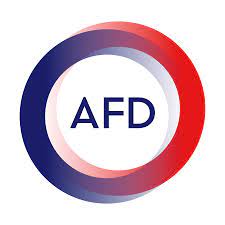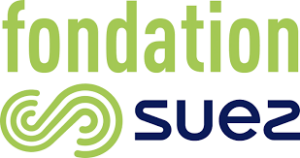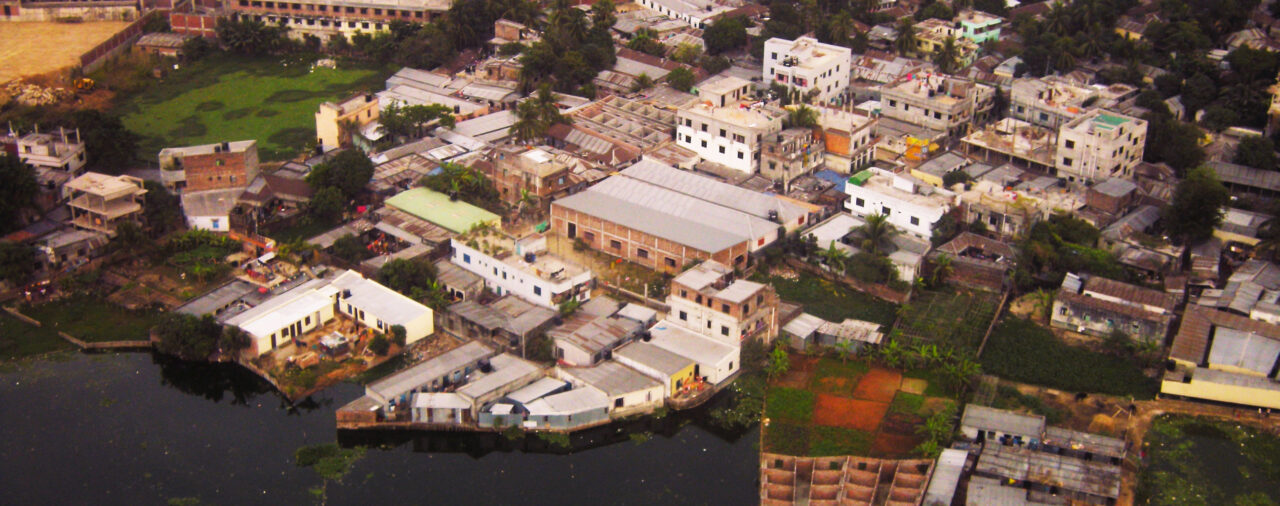RETHINKING WATER AND SANITATION SERVICES IN THE LIGHT OF ACCELERATING CLIMATE CHANGE
Accra – June 5 and 6, 2024
Bilingual event with simultaneous translation – Version française
Organised by the “Water for All” Chair and RWESCK
On-site and online participation
Challenges
2023 was about to become the hottest year on record on our planet. Climate change and its effects are set to accelerate, urging human societies to take action. Meanwhile, the challenge of providing safe water and sanitation to all remains daunting in many locations. For decades, many cities in Africa and Asia have been struggling to expand quality service in the face of rapid and chaotic urbanization, population growth, lack of capacity and resources. Climate change now heightens uncertainty. By nurturing slow-moving threats, such as rising sea levels and disruption of rainfall regimes, and by increasing the probability of extreme events such as droughts, floodings, and fires, it feeds population displacements and potentially contributes to political unrest . How does this evolution push actors of the water sector to think differently about how to design and manage urban water utilities? How can they adapt to a dramatic but uncertain change?
Scientific workshops
Scientific workshops organized by the ‘Water for All’ Chair bring together urban water utilities managers, experts and scholars to think about what would be the right path for further research and actions to stay on track to reach the SDGs. The 4th scientific workshop was held in 2021 and explored how to overcome institutional and organizational barriers to sanitation (Colon, Rieu, 2022). The need to devote the 5th edition to the broader challenge of provision of water and sanitation services in the light of accelerating climate change seems quite obvious. For the first time, the seminar will be held in Africa, to foster participation of water stakeholders based in this continent and case studies from African studies.
The scientific worskshop 2024 will enable us to approach the subject from different angles:
- What does climate change mean for water and wastewater services?
- How can services in different cities be prepared for climate change?
- How is adaptation to climate change transforming the governance, management and design of water and sanitation services?was
Scientific committee
Eugene Appiah-Effah, RWESCK / KNUST; Esi Awuah, RWESCK / KNUST; Pierre Bauby, Observatoire de l’action publique de la Fondation Jean-Jaurès; Richard Buamah, RWESCK/KNUST; Laurent Béduneau-Wang, Africa Business School – University Mohamed VI Polytechnique (ABS-UM6P); Marine Colon, AgroParisTech, UMR G-EAU, MRM; Clément Frenoux, AFD; Christoph Lüthi, Sandec / EAWAG; Pierre-Louis Mayaux, CIRAD, UMR G-EAU; Thierry Rieu, UMR G-EAU; Klaas Schwartz, IHE Delft; Guillaume Stahl, Suez;
Organisation committee:
Jeffery Daniel Ackora Aprah, RWESCK / KNUST, Eugene Appiah-Effah, RWESCK / KNUST; Francine Audouy, AgroParisTech, UMR G-EAU; Esi Awuah, RWESCK / KNUST; Yaw Bempong, RWESCK / KNUSTSandra Ceschin, AgroParisTech ; Marine Colon, AgroParisTech, UMR G-EAU, MRM; Racheal Gyameraah, RWESCK / KNUST; Asare Kwakye Justice, RWESCK / KNUST, Wilfried Ligan, AgroParisTech; Christoph Lüthi, Sandec / EAWAG ; Madleine Albright Oppong Gyan, RWESCK / KNUST; Camille Salaün,AgroParisTech, UMR G-EAU; Salamatu Salifu,RWESCK / KNUST
Call – now closed – Call to be downloaded
Venue – Alisa North Ridge Hotel – https://m.alisahotels.com/
Any question? – waterforallresearch@agroparistech.fr
1st page Photo credit- Antoine Delepière 2024
With the financial support of










